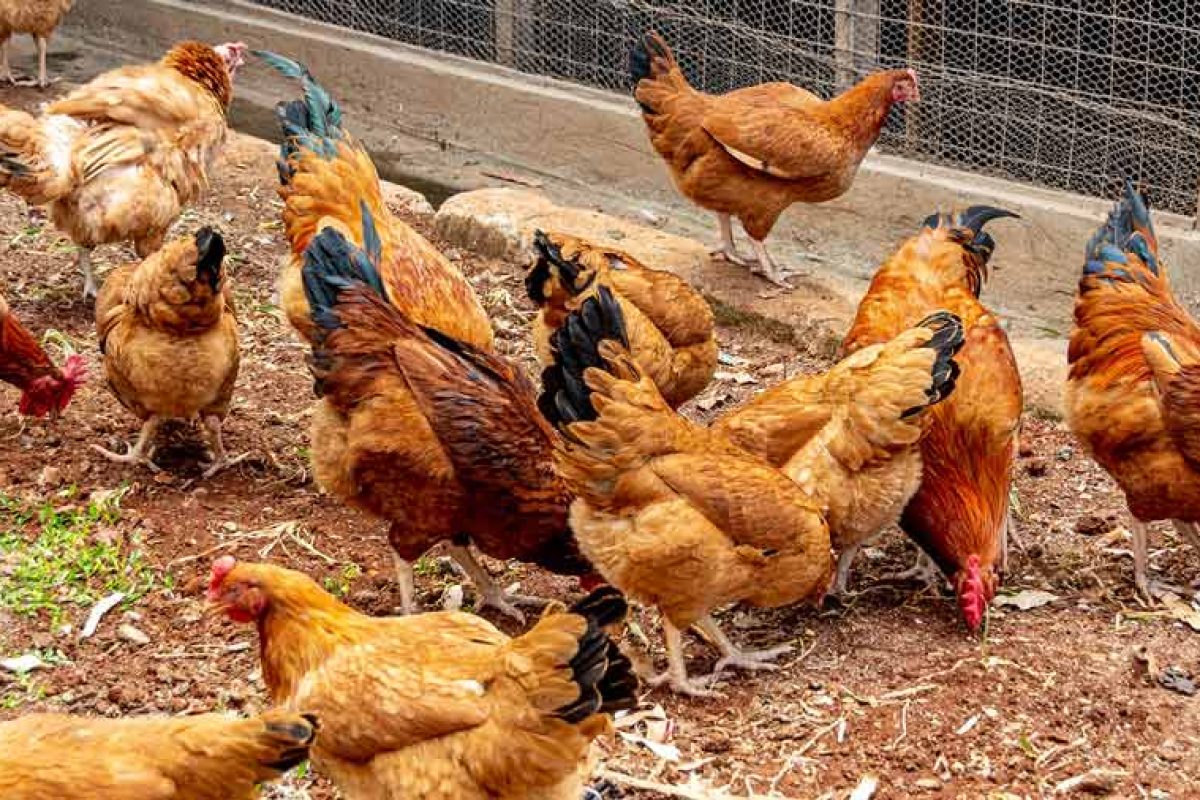The Comprehensive Science of Free-Range Chicken Farming
- Home
- Our Blog

Unraveling the Biological and Behavioral Advantages of Free-Range Environments
Free-range chicken farming represents a sophisticated approach to animal husbandry that goes far beyond simply allowing chickens to roam. Scientific research has revealed profound physiological and psychological benefits for chickens raised in open environments. Unlike confined farming methods, free-range systems enable chickens to express their natural behaviors – foraging, dust bathing, social interaction, and exploring their environment – which are critical to their overall health and well-being.
The physiological impacts of free-range farming are equally significant. Chickens in these environments experience lower stress levels, which directly impacts their immune system, metabolism, and overall health. Researchers have documented marked differences in the hormonal profiles of free-range chickens compared to their confined counterparts. Lower cortisol levels (the stress hormone) contribute to better immune function, more efficient nutrient absorption, and ultimately, higher-quality meat and egg production. The ability to move freely, interact with diverse environmental stimuli, and engage in natural behaviors leads to more robust and healthier birds.
Nutritional science provides compelling evidence for the superiority of free-range chicken products. Comprehensive studies have demonstrated that eggs and meat from free-range chickens contain significantly different nutritional profiles compared to those from confined chickens. These birds typically produce eggs with higher levels of omega-3 fatty acids, vitamins A and E, and lower cholesterol levels. The varied diet of free-range chickens – which includes insects, seeds, greens, and supplementary feeds – contributes to a more complex and nutrient-dense food product. This nutritional superiority is a direct result of the chickens’ ability to engage in natural foraging behaviors and consume a diverse diet.
